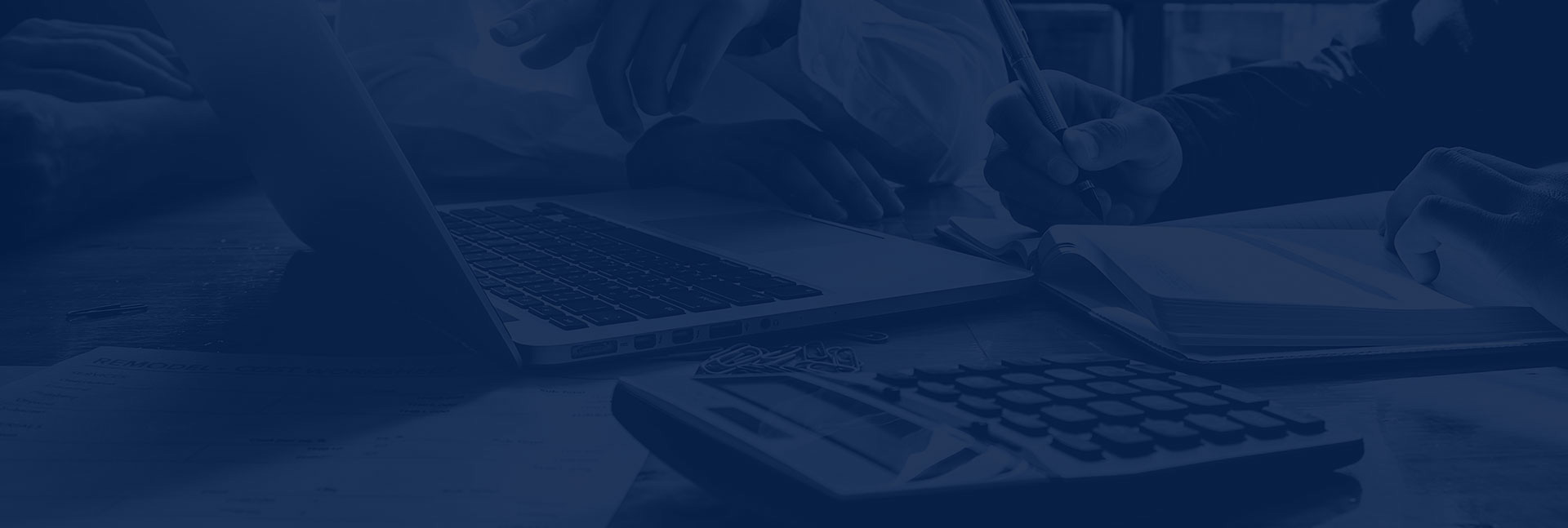Bankruptcy can involve several types of assets from investment yields to real estate. However, what happens to settlement money from a personal injury case? Read our blog to find out.
Understanding the Bankruptcy Process
Bankruptcy is a debt relief method that results in either the total repayment of all debts or debt discharge. While there are many types of bankruptcy options available but the two most common options for individuals are Chapter 7 and Chapter 13.
Chapter 7 is also known as liquidation and is usually a better option for individuals with overwhelming amounts of debt. Through this process, the court can stop creditors from attempting to collect debts and can discharge qualifying debts. Once a debt is discharged, it is no longer owed to the creditors.
Chapter 13, also known as reorganization is an option for individuals with large amounts of debt but some disposable income. This type of bankruptcy is conditional on the fact that the individual creates a reorganization plan that will result in full repayment in three or five years. Reorganization utilizes disposable income to generate cash flow to apply to the debts.
During Chapter 7 and 13 the court requires extensive documentation and total disclosure of all assets and sources of income. Income and assets can include any number of things from investments to pensions. Settlements from lawsuits are rolled into the total income. However, if an individual has not received a settlement from a case, it may not be subject to bankruptcy.
Disclosing Lawsuit Settlements
It is crucial that those filing for bankruptcy report all assets. Failure to report an asset could result in the court not discharging the debts which could be devastating. Even if an individual is involved with a lawsuit during the bankruptcy process it could be used against them in the civil case. In general, the idea is that a lawsuit conflicts with the bankruptcy case and could divert funds or the court cases could be in opposition.
Chapter 7
During Chapter 7, creditors are allowed to claim certain assets when an individual files for bankruptcy. It is only after the court approves the case that an automatic stay can be put in place. The determining factor in whether a lawsuit settlement is safe from creditors depends on the day of the accident not the date when the lawsuit was filed.
Chapter 13
Assets acquired after the Chapter 13 petition is filed may be added to the total bankruptcy estate. This means that settlement money might be used to pay off bankruptcy debts. If the lawsuit involves an accident, the court could put a medical lien on the settlement money allocated for medical bills. A medical lien allows the doctors and specialists to be paid without worrying about the funds being taken away by the bankruptcy court.
Without a medical lien, the bankruptcy trustee could distribute compensation for the accident to pay off creditors which could mean that medical professionals may not get paid. If this is the case, the individual would be responsible for paying for medical expenses out of pocket.
Some bankruptcy exemptions can be used to protect settlement money, but individuals should never attempt to apply an exemption without the oversight of a qualified attorney. Contact the Law Office of Seni Popat, P.C. to find out more about your options for protecting personal injury settlements during bankruptcy.

.2212120838550.jpg)












